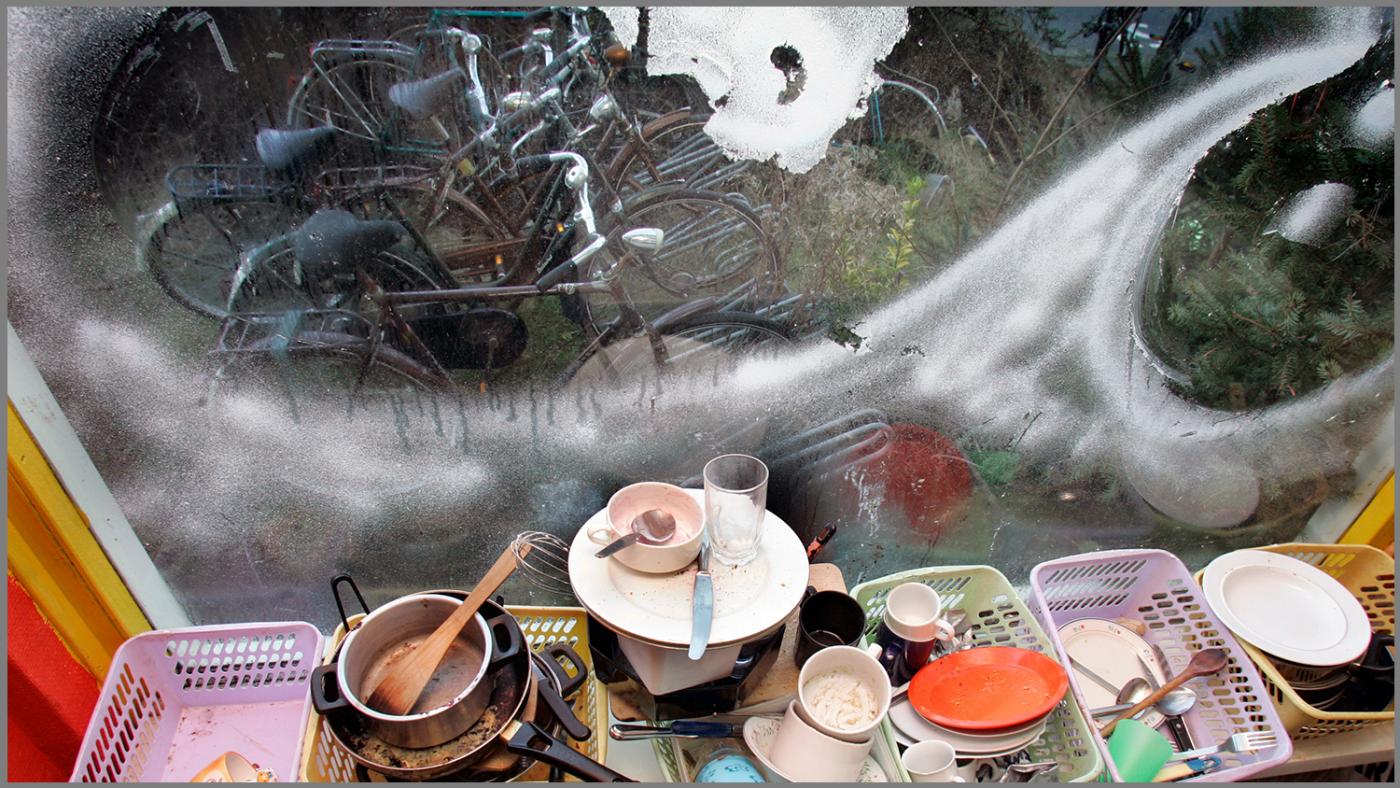Permit no longer needed for up to three people
Utrecht makes home sharing easier for students

Up until now it’s been difficult to share a house with three friends. For this, the owner had to request an environmental permit and a conversion permit. With this, the municipality wanted to have more insight into homes that are initially independent living quarters, subsequently converted into non-self-contained living quarters, e.g. student rooms. In 2015 the rules for this were tightened. This permit had to guarantee the number of housing units for starters and move-ups. Housing requirements were set, for instance that a room had to be at least 24 square metres (including common areas). That way, one could prevent small rooms from slumlords. But they also considered whether such a new student house would fit into the neighbourhood. Some local residents complained that their street had too many student houses.
The result was that it became more difficult to arrange for a student house in local neighbourhoods. You had to pay a considerable amount of money and meet many terms. The criticism on this municipal law has persisted over the past few years. Among others at youth parties like De Jonge Democraten, Student & Starter, Dwars and student union Vidius. In 2019 the parties wrote an article on DUB that the municipality sees students as ‘creepy creatures.’ This was also prompted by a national student housing monitor. Which showed that the expensive permits affected Utrecht when assessing student houses.
Times are changing
Times are changing and student housing is higher on the agenda in Utrecht as well. In a new proposal the municipality is now making it easier to share a house: starting this summer, three students who want to live together will no longer need a special permit. For more than three persons however, landlords still need to request an environmental permit and a conversion permit.
The new measure is part of the municipality’s plan to make better use of existing housing, in addition to the intention to build new houses. In this, the municipality of Utrecht is actively aiming at student housing. According to the timetable, the plans should include 4500 extra houses in the period of 2020-2025. Among these are the student houses at De Kwekerij, de reconstruction of Oudenrijn hospital, the student houses at Utrecht Science Park and new houses at the Livingstonestraat. Another example is the construction of new student housing complex ‘High Five’ at the Cambridgelaan.
Furthermore, since last year, the municipality has made it easier for residents of social housing to take in students.
More than pleased
Annemarijn Oudejans, council member of Student & Starter in Utrecht, responded enthusiastically to the plan. ''We are more than pleased with this. We have been pushing for this since 2015, and finally it has passed.'' Vidius, one of the main advocates for Utrecht students, is also positive. Vice president Gijs Grimbergen: ''The measure will create more housing for students. This way, there are fewer obstacles for landlords to create more rooms. Although it’s not the solution to the housing shortage, we think every little bit helps''
So what about the landlord?
There is a downside to the proposal. By making the permit easier, landlords could more easily place an extra tenant in the house. One of the preconditions was that rooms should have a minimum size. Now, with the maximum of three residents, this shall not apply. That way, the landlord will have extra income and students will live closer together.
Oudejans: ‘’It’s definitely not the intention that landlords will put too many people in one space. But at the moment, due to the current permit obligations, many students are residing illegally. While it’s important that students are registered at the municipality, so they can receive mail in their city and visit a GP for example. Moreover, it also provides money to the municipality when these students are registered''.
She also points to the Good Landlord Act recently passed in the Senate. This act aims to protect tenants' rights, including by controlling landlords. Municipalities can thus actively push for good landlordism.
Grimbergen acknowledges the risk of slumlords but says it’s difficult to assess. He hopes the Good Landlord Act can solve any problems. Besides, he says, it’s also very important to build additional houses to cope with the housing shortage.